Adapting Your Poker Strategy Mid-Tournament: How Winners Stay Ahead
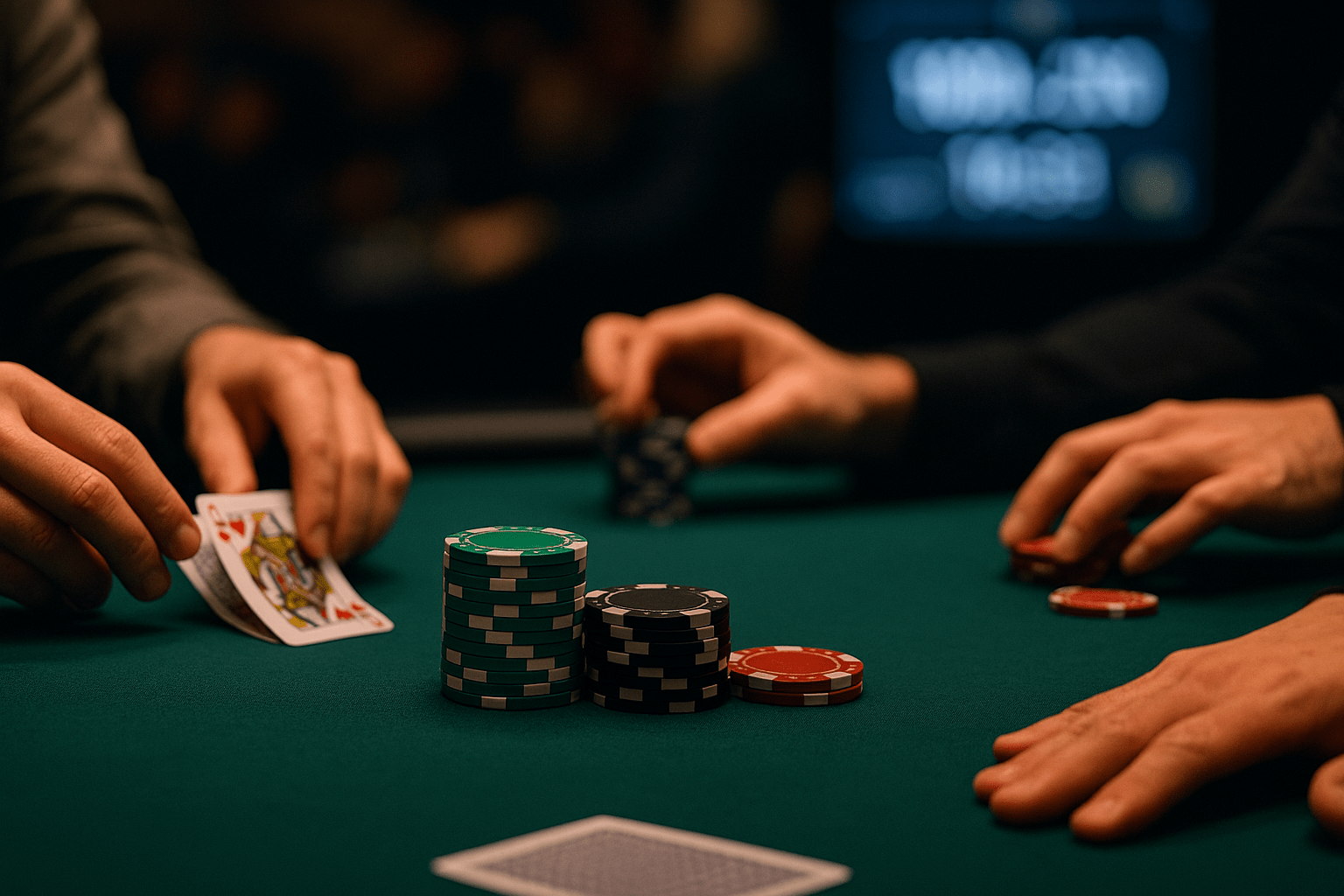

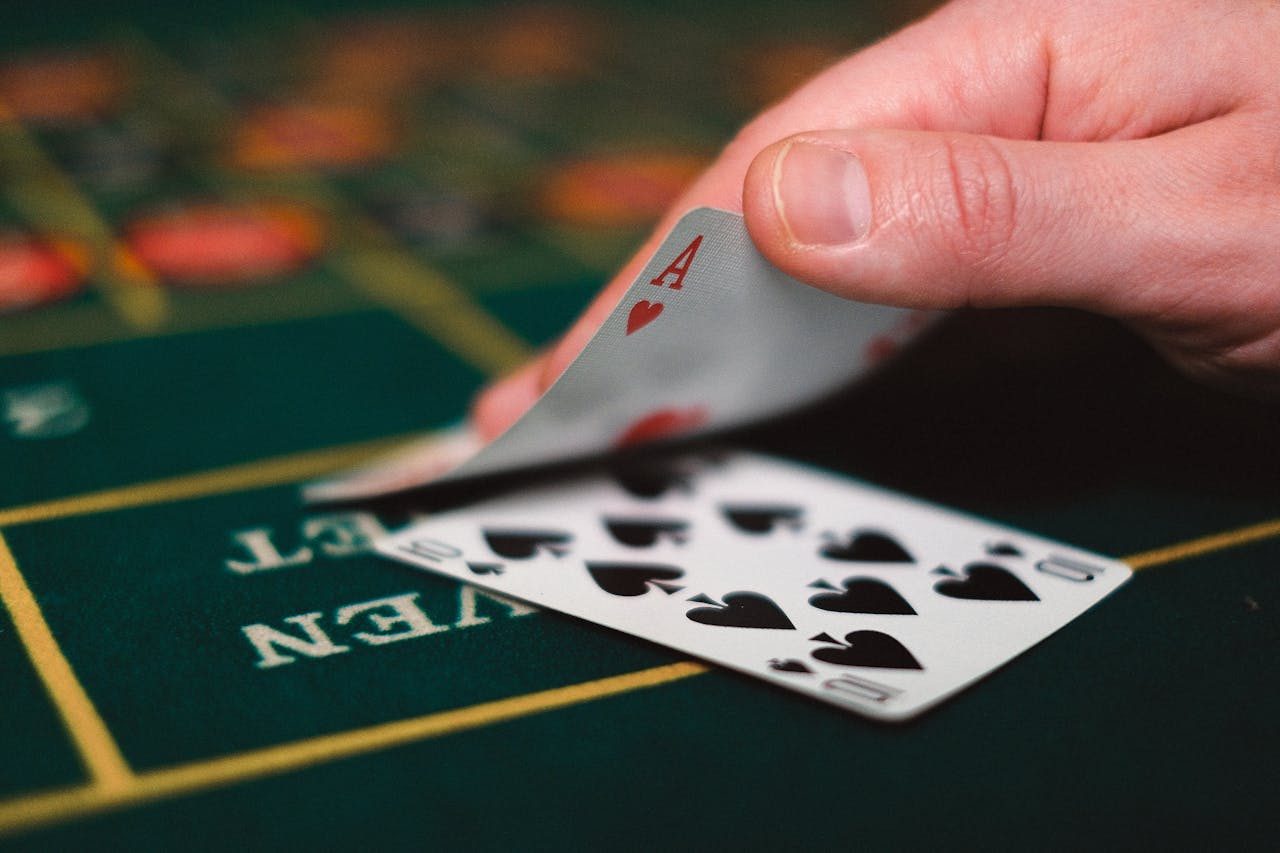
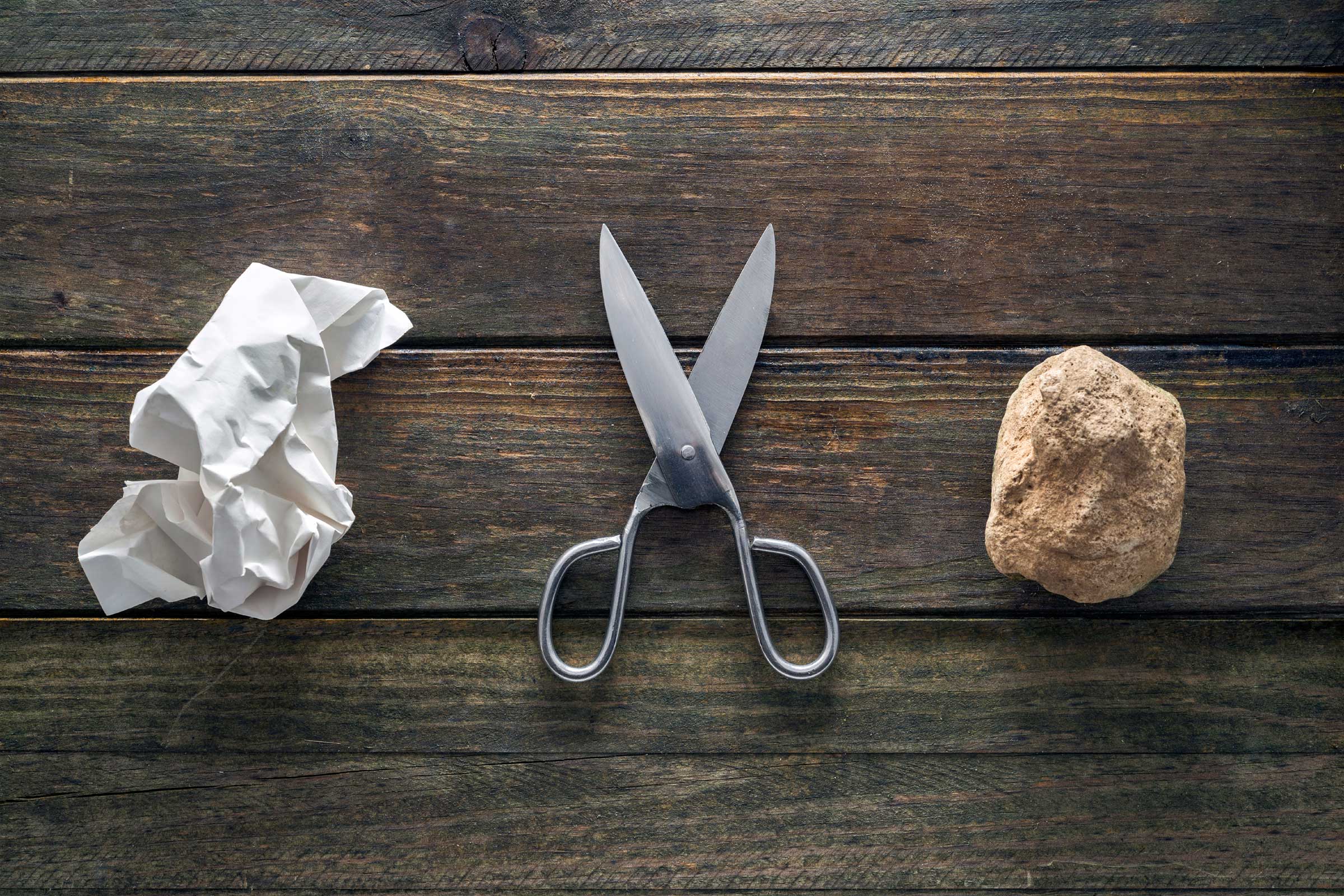
If we consider a simplified model of poker, it will be quite similar to the world famous game of Rock-Paper-Scissors. Both games have an optimal strategy: random action in the popular children’s play and Game Theoretical Optimum (GTO) in poker. However, these strategies do not guarantee the maximum value.
The optimal game strategy guarantees only one thing: actions of the opponents will become irrelevant. This is a standard Nash equilibrium.
And here one should understand: the optimal strategy only makes sense if other players stick to it too. In other cases – when the opponents act in their own fashion – it is much more effective to focus on their mistakes and adjust your actions accordingly.
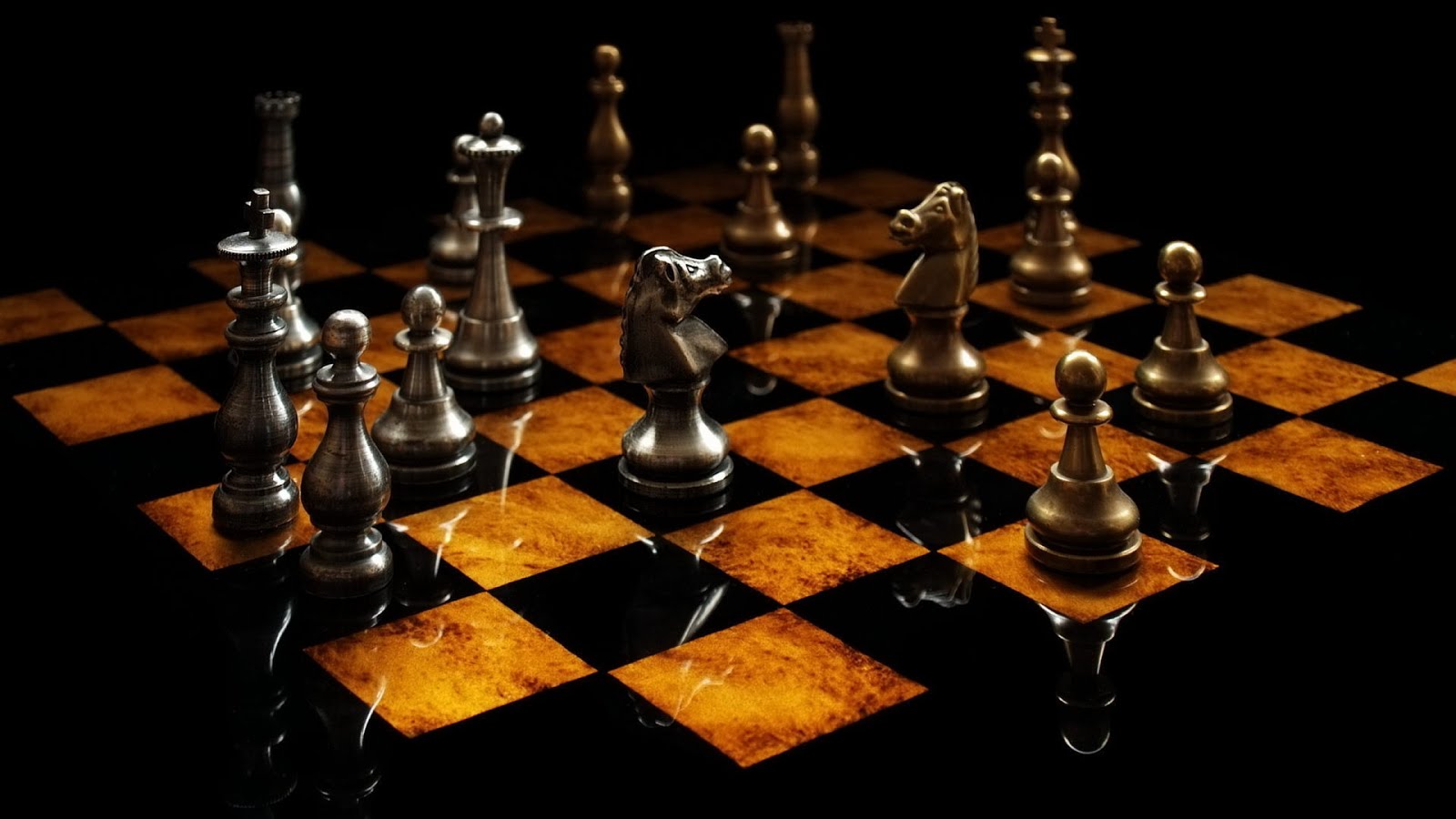
You probably know plain yet effective worldly-wisdom: put yourself to some other person’s place and you will understand him. This method helps in lots of fields of life, including poker.
Pro player Tommy Angelo went beyond this and described inversion in his article. He uses the term reciprocality, which is much worse for defining the phenomena, IMHO.
This is not some well-known term so don’t overthink the name. You just need to realize the principle of its functioning and apply it practically in cash games.

Not everyone is natural-born Phil Ivey. Not everyone is able to make themselves act recklessly, calmly, firmly. The following players often play at the tables. They are afraid to lose bankroll on various reasons – whether it is the lack of experience, tilt or limited bankroll. Those comrades need to be recognizable and exploited.
A piece of wisdom in poker: Scared money don't make money. Those players are easy to recognize even by their appearance.
We will highlight several categories of players you will often meet at the tables of poker clubs.
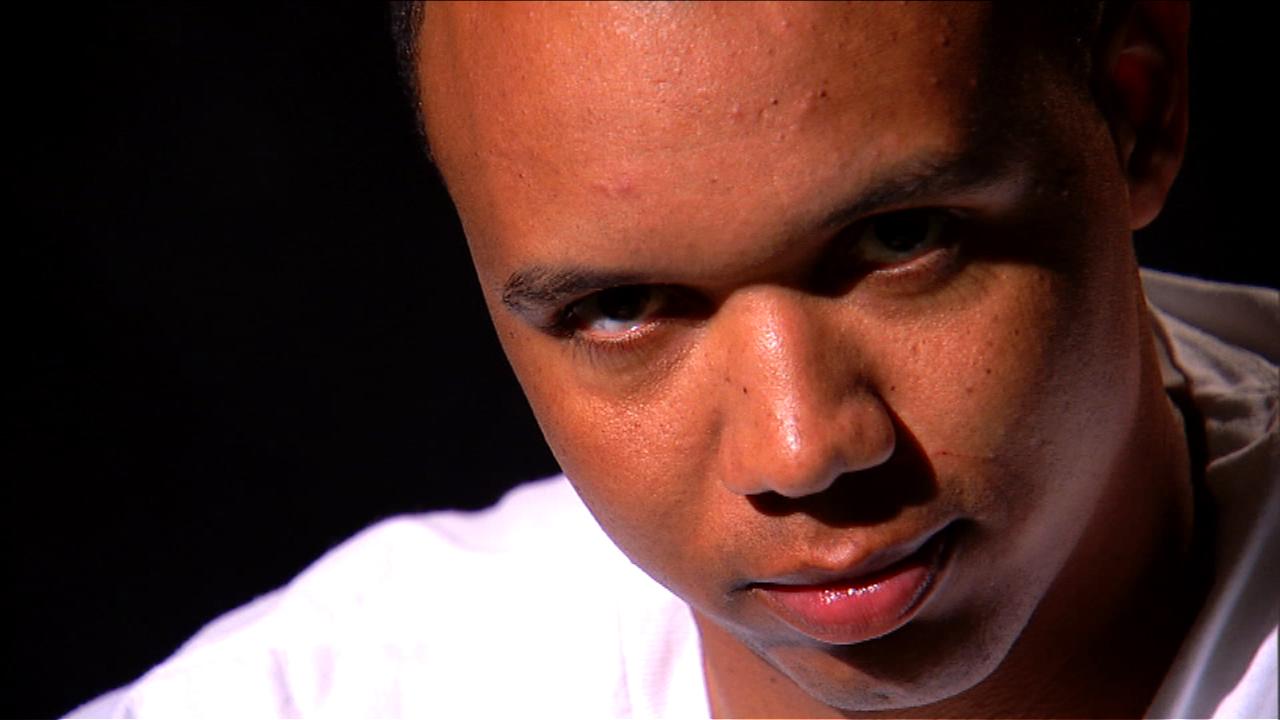
You are a brainy guy, or so it seems, you know something about the game and even able to learn others some moves – but yet you are still playing at low stakes. Why? Why do we like to stand still while we can see the clear path? The reasons vary, but in most cases the problem is within ourselves.
Is it a common thing for you to see other people’s mistakes clearly and even predict something (in most cases relevant things), you are able to analyze hands but when you sit at the table, you start to lose it. You call when you know you’re behind and push when you don’t have fold equity.
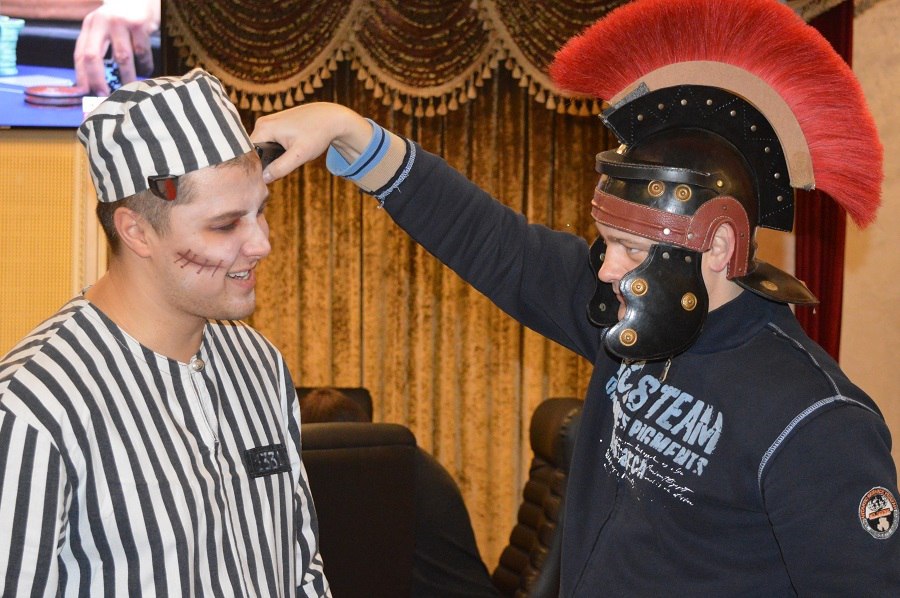
Even experienced players don’t play in optimal play all the time. In a sense they make rude mistakes and don’t use all the information in their possession. We don’t even speak of the newbies who’ve just sat at their first playing table. Their eyes sparkle and their mind generates difficult bluffs, hands are shaking and soul sings.
We’ve already written of poker etiquette and how to define opponents who are afraid of losing money. This article is a little bit different. This is not a set of recommendation for the beginners of games in any live poker facility. Be prepared to everything from Day 1 and learn on your mistakes.

Strictly defined conduct rules do not reflect the situation fully in all the cases. Rules are just a framework that needs to be filled. Etiquette has this function of filling in. In most cases, players don’t realize this term correctly.
What is etiquette? It is the way to behave that is expected – in this case – by the players at the table. Etiquette is a set of requirements of behavior in any society. Poker society is also social, so it has some unwritten rules.
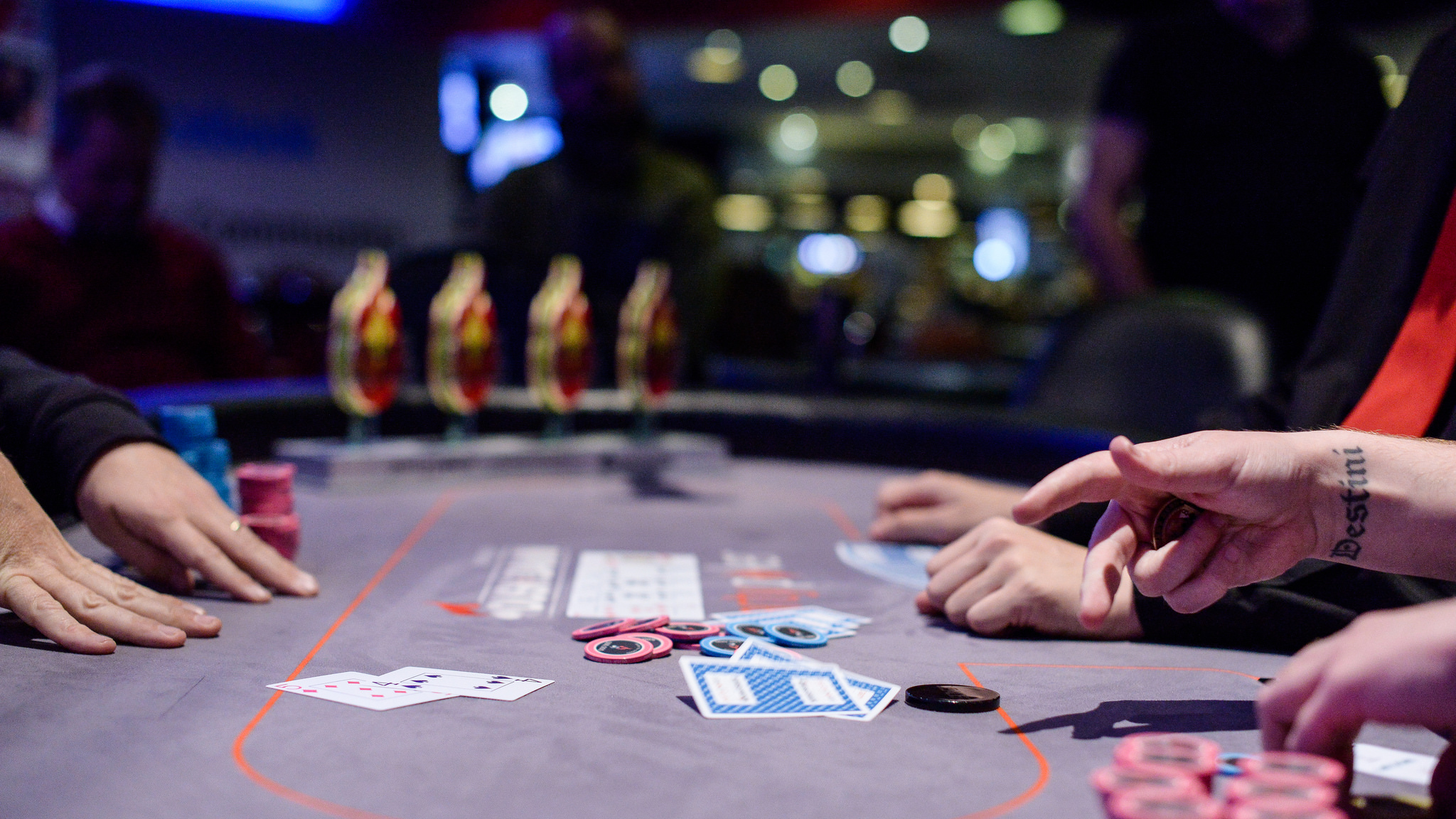
Do you want to decide should this or that tournament be played on the fly? Will it be profitable or just a waste of time? American tournament and cash regular who earns for a living playing online and live has made full-scale calculator for live players.
We have published an article under the title Is it hard to be a profitable tournament player?, and the conclusions were not very bright. The players who stepped on the hard path of tournament pro should be really good to consistently show profit. Especially if he travels a lot and plays in different cities and countries.
But at the same time if the player is able to visit local poker room/casino or spend minimum of money for travel and living expense – the picture looks much more promising.
Mister dgiharris from 2+2 forums has got a great winrate calculator for live tournaments. Winrate, not ROI.
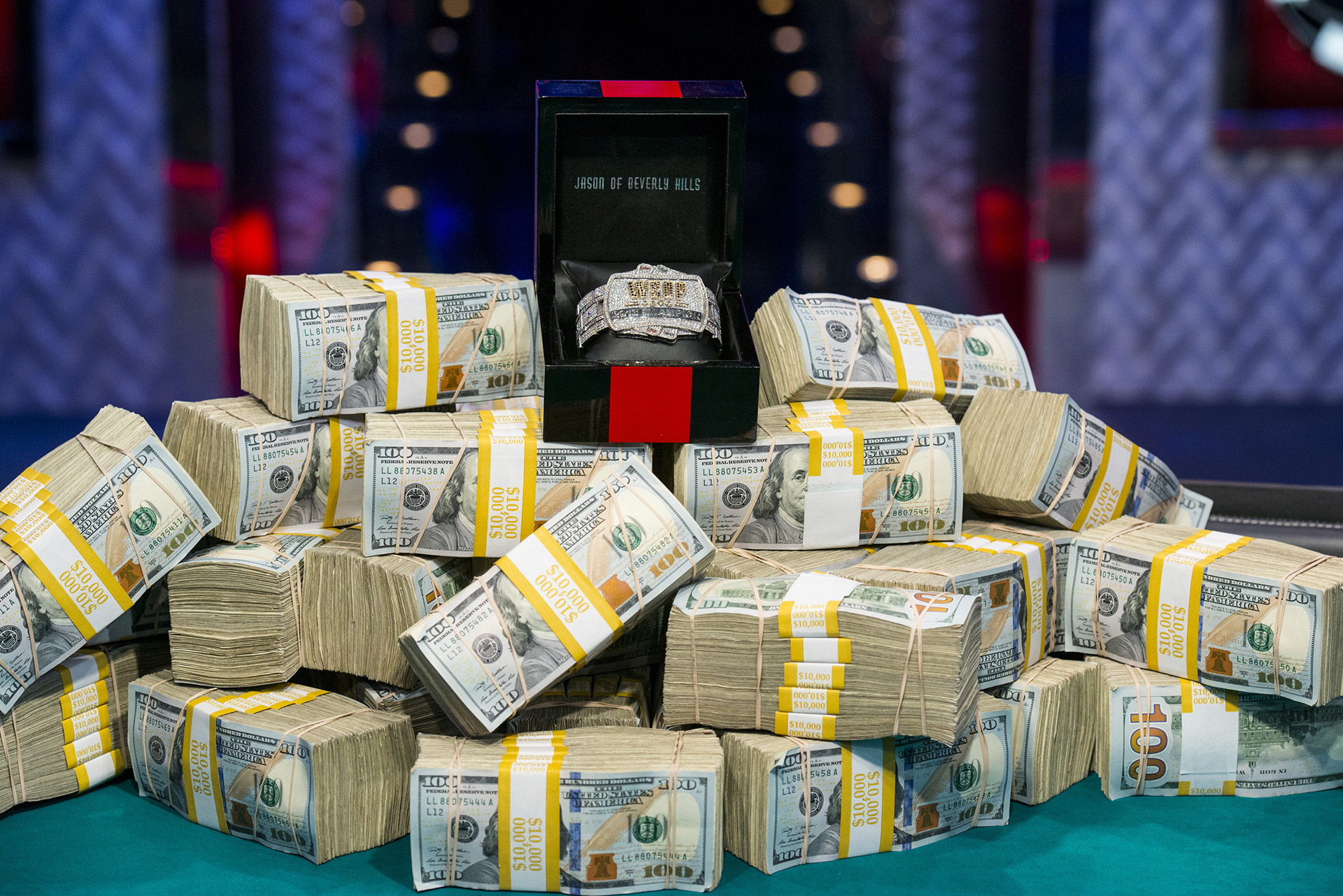
WSOP 2015 bracelet winner Andrew Barber who took over prestigious $10,000 H.O.R.S.E. with his article about selling and buying action in live poker speaks about the failure of this marker as a whole and about the destructive nature of it to the poker economy.
Andrew Barber, graduate of the faculty of Economics, Omaha-8 specialist (who made his way up from $2/$4 to $75/$150) wanted to play at the World Series 2015 as actively as possible and was preparing for it maximal level of intensity.
It turned out his efforts weren’t vain. He played at six final tables and won a bracelet. Barber won $10,000 H.O.R.S.E. and got over half a million dollars.
American pro published an article, where he criticizes the current state of backing industry. We read the text and highlighted the main points.

Live poker is a catalyst for incredibly absurd and comic situations. That’s the charm of it. Human factor has the biggest influence at the table. That’s why online would never replace going to the poker club.
The main part in those stories is to be respectful to their heroes. Remember, you’ve done some stupid stuff at the poker table as well back in the days. You’ve also got combinations wrong and argued with people being completely wrong. We’ve all been there.
Poker is mainly made for pleasure. As Zhirinovskiy (Russian politician) once said: “Be simpler, that attracts people”.
Or was it Zhirinovskiy? Does it matter? Moving on.

Live poker is a catalyst for incredibly absurd and comic situations. That’s the charm of it. Human factor has the biggest influence at the table. That’s why online would never replace going to the poker club.
Playing for decades, regulars save tens of stories: of incredible stupidity, amazing bravery, wit and professionalism. Any story collection has funny stories part about the beginners. Usually, these are kind stories which occur at the poker tables all around the world, never mind the city or a country.
That is who this post is about.
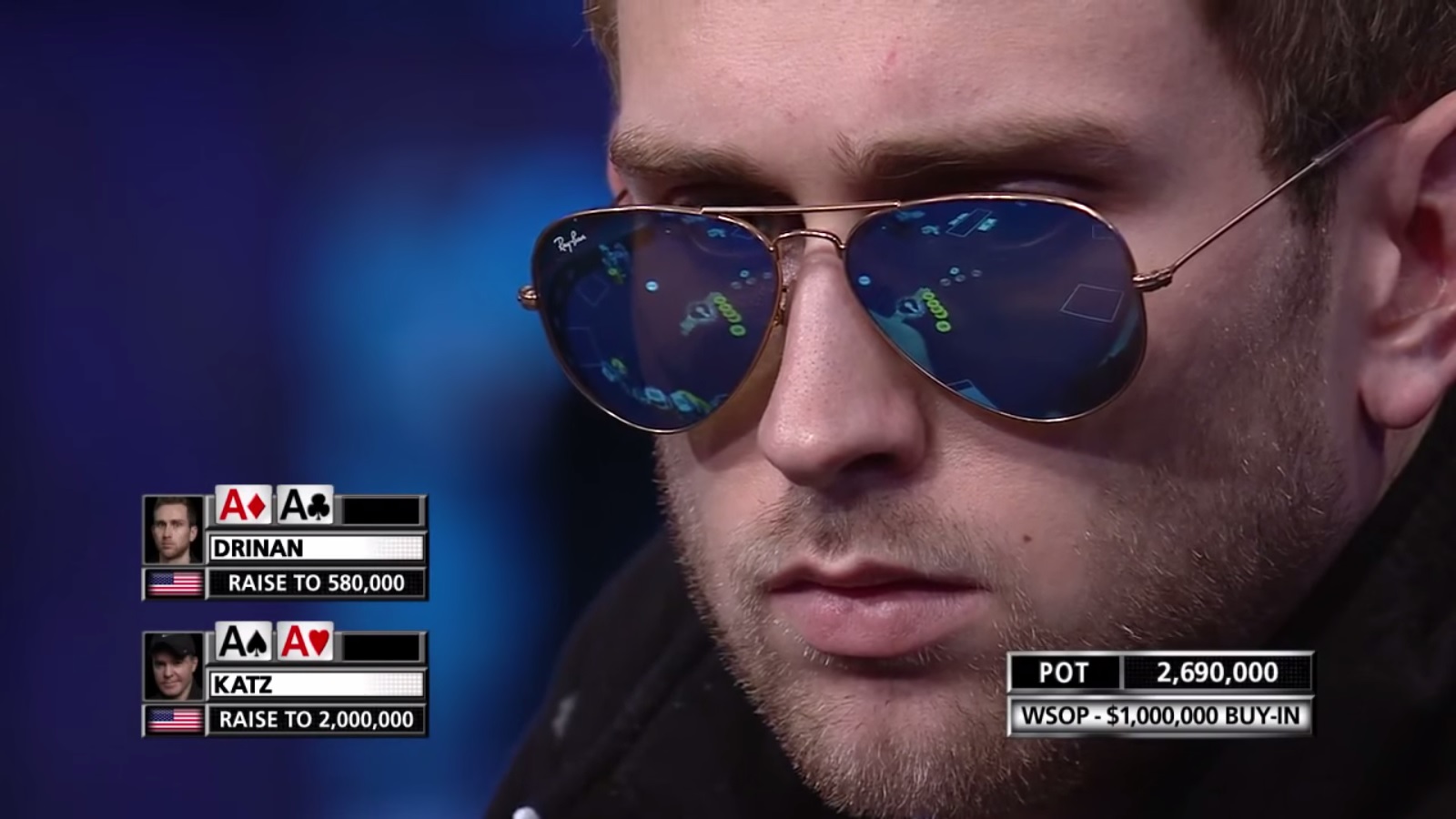
There is nothing simpler than basic rules of poker. Should some difficult situation occur, online poker soft deals with it within few seconds with the help of certain algorithm. However it all could quickly get out of control when there are live people at the table and the decisions are made by human floor personnel. Weird poker facts arrive all the time.
Let’s start with what’s simple. We’ll give you an info about where strange poker facts start to occur.
It is a tournament, two tables left. Two of the players at one of the tables get eliminated. One of the rest need to be seated at the other table. Who is it going to be? It is the player closest to the button. So if the player who was at the cutoff is eliminated, the player from this position at the other table will be seated there.

Long lingering playing sessions are usual to online and live players. Top high rollers are able to maintain high level of game for 20+ hours. Famous private high stakes cash in Macao often has long sessions also. But what are possible effects?
Live players like to tell stories about them playing day after day without coffee or lunch breaks. These are quotes from 2+2 forums about playing long poker sessions:
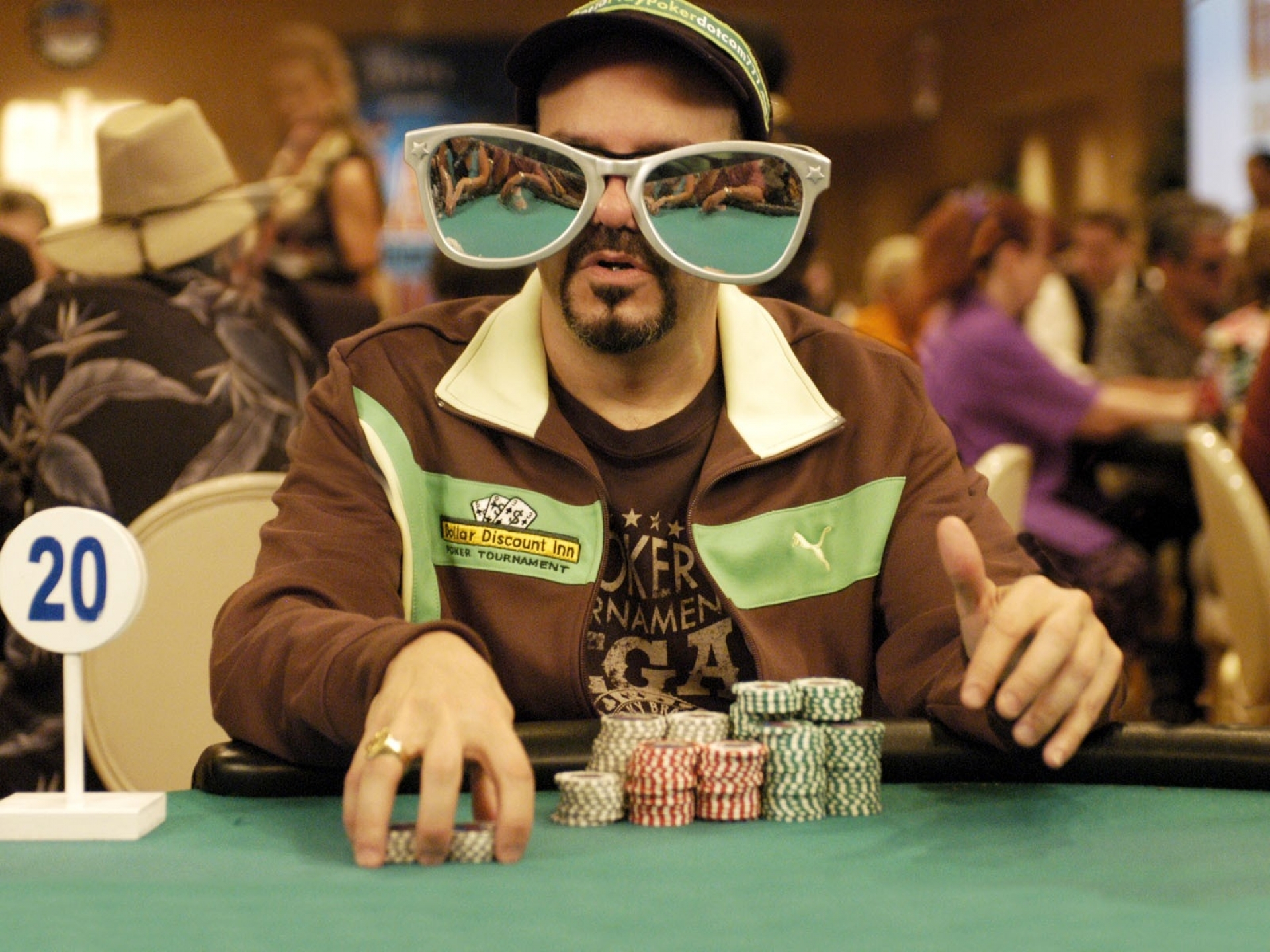
Most of today’s books teach to be tight playing at the low stakes in casinos or poker clubs. Being TAG is profitable but it is also profitable to crush the stakes. To destroy your opponents and get your win rate to the maximum you must act in other way. Some of the principles are good for small stakes in live poker, the others are universal for all stakes.
How often do you see tight players with big stacks (6+ times bigger that the buy-in)? Usually people with most chips are the most aggressive opponents; sometimes they get them with several coolers.
But the point is still the same. Aggression is always better than passiveness, especially at the low stakes ($1/$2, $2/$5). Aggression in position is the key to success. That is an obvious live poker strategy.
Golden rule: play as many pots as you can in position. Bunch of limpers and you have J-10o on the button? Raise! You’ve got Q-8s on CO and limpers keep limping? Raise! Set of treys? Raise!